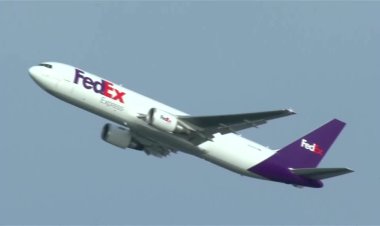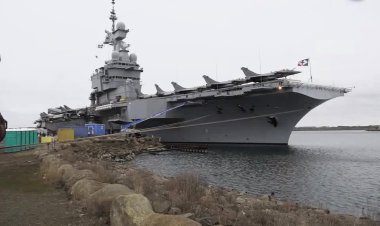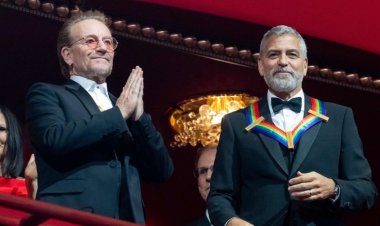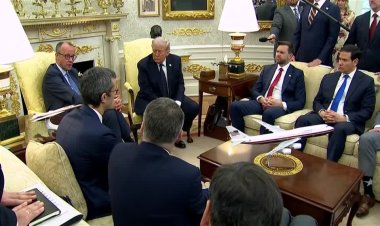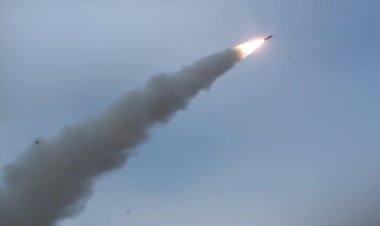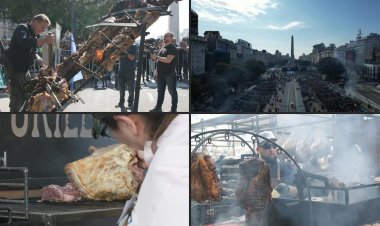Algeria Faces Apathy Ahead of Presidential Election
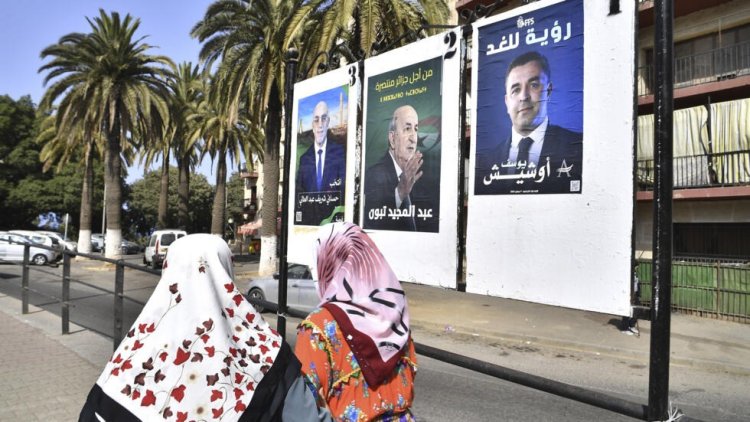
Billboards are strikingly empty. There are few campaign posters. And aside from public television broadcasts showing candidates traveling the country, there are few signs of enthusiasm heading into Algeria’s presidential election this weekend.
Prospective voters in the gas-rich North African nation say they are more concerned about prolonged inflation’s effects on the spiking prices of school supplies, potatoes and coffee. Military-backed President Abdelmadjid Tebboune, 78, appears poised to breeze to a second term.
The malaise is a far cry from the hopes of April 2019, when pro-democracy activists with the Hirak movement called for broad, structural changes to Algeria’s military-dominated political system after then-octogenarian President Abdelaziz Bouteflika resigned under pressure.
Political apathy has reasserted itself among many prospective voters, while the country’s fledgling opposition alleges that political elites who run the country have again entrenched themselves in power.
The country’s election authority has approved only two candidates to challenge Tebboune: 57-year-old Islamist Abdelaali Hassani Cherif and 41-year-old socialist Youcef Aouchiche, a former journalist running for a large center-left opposition party.
All three candidates have been urging citizens to vote. In a country of 45 million people, 23 million are registered. Candidates hope to improve on the 14 percent turnout of the 2019 elections, which protesters boycotted.
Meanwhile, Algeria’s president has traveled the country delivering speeches to packed houses and spotlighting his efforts to raise wages and pension benefits and offer young people new opportunities such as interest-free loans for start-ups. Young people make up more than half the population.
“I’m a man of my word, I’ve kept my promises, and I promise to continue in the same vein,” Tebboune said last month.





